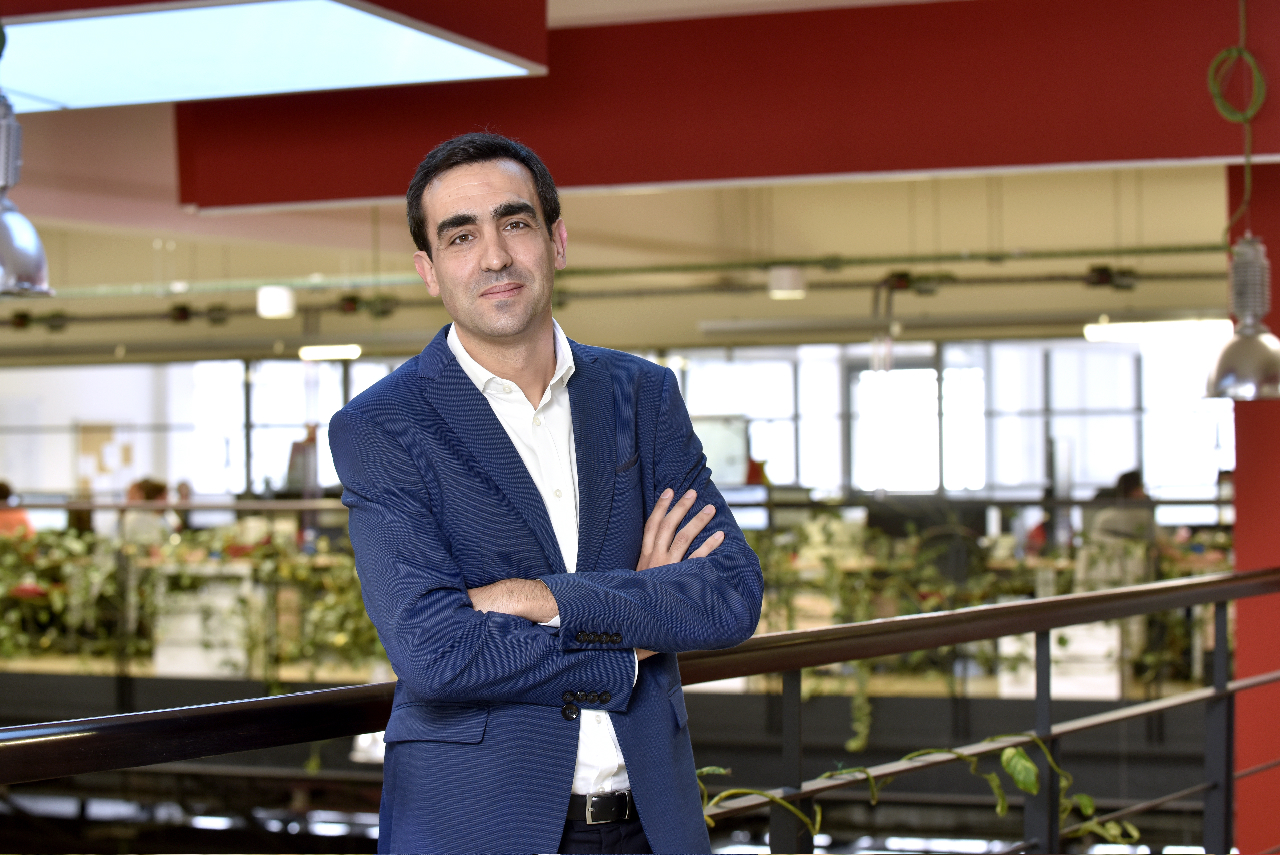Ignasi Salvador Villà
Head of Innovation at Celsa Group
ABOUT INNOVATION
What is innovation for you?
Innovation is about discovering problems worth solving, designing meaningful solutions, and delivering them with speed. Most of the time, it has to do with combining already existing ideas or concepts.
What are your key steps to set up successful innovation management in a global company like CELSA Group?
The first thing to do is to make sure that the top management understands the need and the benefit of innovation at the strategic level. Once that is achieved, then you need to make sure everybody has the possibility to embrace the innovation mindset, which is absolutely required to ensure this can take place at scale in the group.
Finally, you need to have some processes in place to ensure everybody knows what they need to concentrate on during a specific stage of the innovation, as well as to ensure a proper overview and reporting of the initiatives.
How are you influencing/helping other departments to adopt innovation?
Sure, innovation at Celsa Group is not about the innovation department, but about the rest of the departments. We are enablers that help the organization implement innovation. In order to do so, we have different initiatives in place: an idea crowdsourcing platform, a regular series of innovation events in the different business units, an intrapreneurship program, an open innovation program, a newsletter, etc. All of this is about being present on our people’s day-to-day so they see that it is possible to implement new solutions in the steel industry and that Celsa Group can actually lead the change.
What is your approach to innovation within the traditional steel business?
We try to focus in two main areas: optimization of our current operations and development of new value propositions. In any case we look for projects that can be implemented in less than a year so we can deliver results quickly to the business.
ABOUT BUSINESS
How has your journey been until becoming Head of Innovation?
It has been a very intense and exciting journey really. I studied civil engineering in Barcelona; started to work in Madrid when I was 22 years old; founded a chimney and solar tower engineering and construction company together with some colleagues when I was 25; made it grows quite rapidly; sold it when I was 28 to a business group; studied for an Executive MBA while working and traveling across Europe, US and South America; moved to Denmark to work as Vice Director in a specialized chimney producer for 5 years; and finally got back to Barcelona three years ago when I joined Celsa Group. At Celsa Group, I started as a business developer for our cut and bend operations in Europe and two years ago became the head of the newly created Innovation Department.
How does your day to day job look like at CELSA Group?
I guess it is no surprise that my day to day is full of face-to-face meetings, conference calls, flights, etc. I love to see new projects and initiatives come to life, so whenever I see something that is getting started, I am already thinking of what will be the next thing we will do. This approach leads to a very exciting and busy agenda.
Currently, we are working very hard on the cultural aspect of innovation as well as on launching different projects and making sure the business sees the value innovation is providing to our current business model.
You have lived and worked in Denmark and Spain. How are the approaches to doing business and innovation different?
I cannot comment on the innovation part since I started formally working on innovation in Spain, but certainly, I can comment on the different way of doing business. Doing business in Denmark was very straightforward and efficient. All documents were simple and the contracts very short. There was no friction due to bureaucracy and therefore any transaction happened smoothly. In general, there was a great sense of reciprocity with the other people; everybody valued other people’s time and therefore people were always on time or otherwise informed the other person well before so they could rearrange their schedules. It was a pleasure really to work there.
The only negative point I would mention is their inability to adapt to last-minute changes. Everything had to be planned so very few spontaneous things happened there.
What is the business success you are most proud of?
Building people up is one of the most rewarding processes that the work environment has offered me as a manager. Of course, I am also proud of some specific projects, but not as much as about the people I have helped develop.
ABOUT LIFE
How do your mornings look like?
Eat breakfast with my wife and four kids, drive to work, have the daily stand up with the team to revise the outcomes generated the day before and envision the ones we will create during the day, and then jump into a meeting or onto a plane.
What are you doing during your spare time?
When travelling I try to do some sport. If I am at home, I love spending time with the family without any specific plans. Last weekend we played Lego, chess, went out with the bikes… whatever we feel like doing.
Book recommended by Ignasi Salvador Villà:
Lately, I am reading too many business books, mainly about customer needs, product development, cultural change, etc. Apart from these, I like poetry, it brings me to a different environment: Jaime Gil de Biedma, for example.
You can read Ignasi Salvador Vilà’s Golden Rules for Living here.






